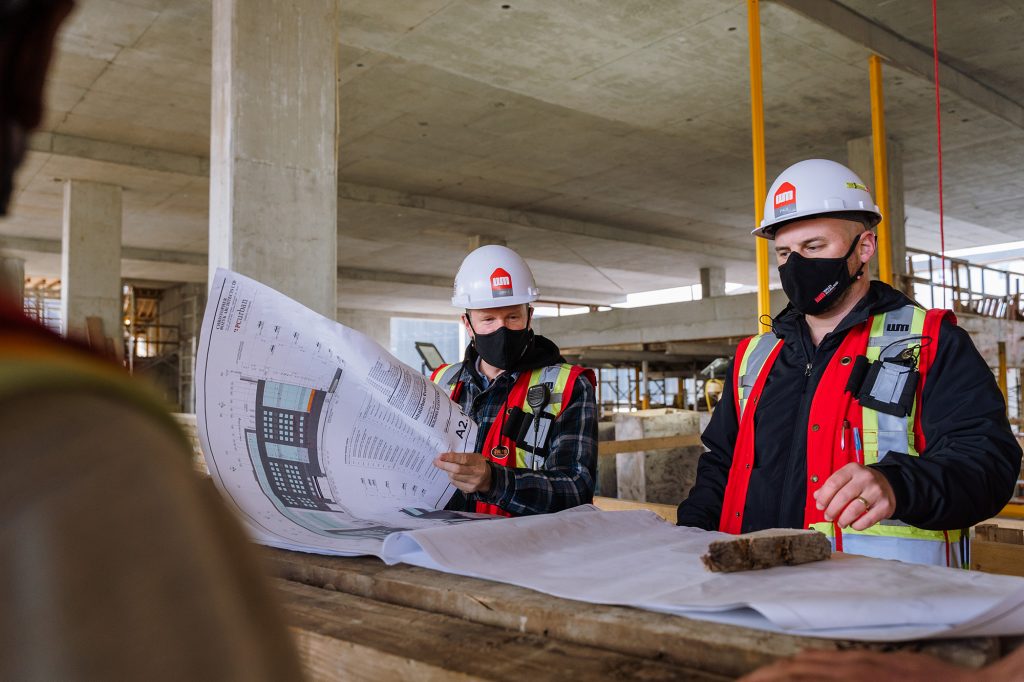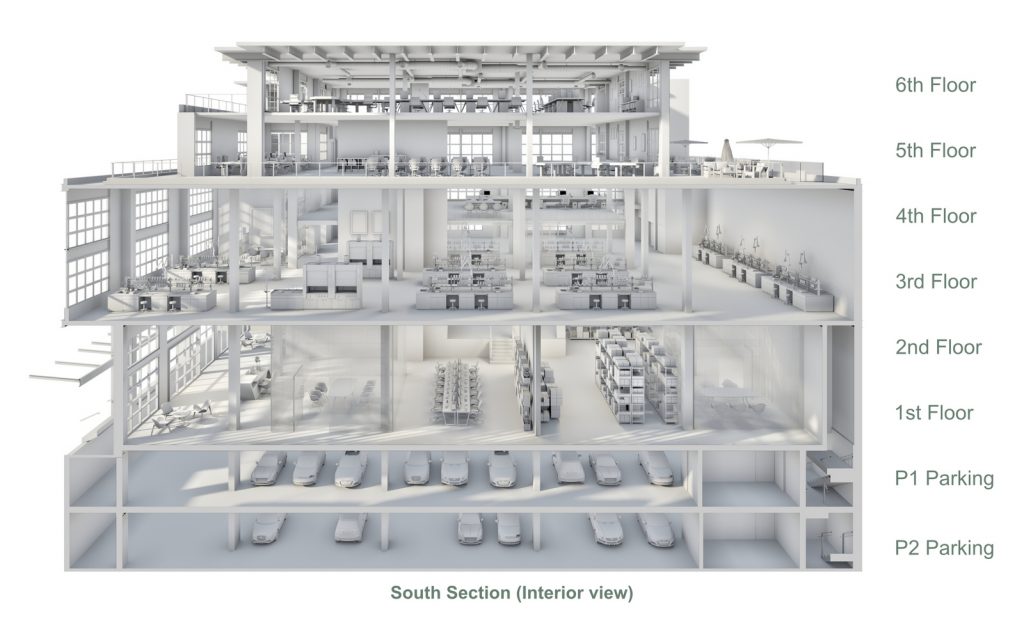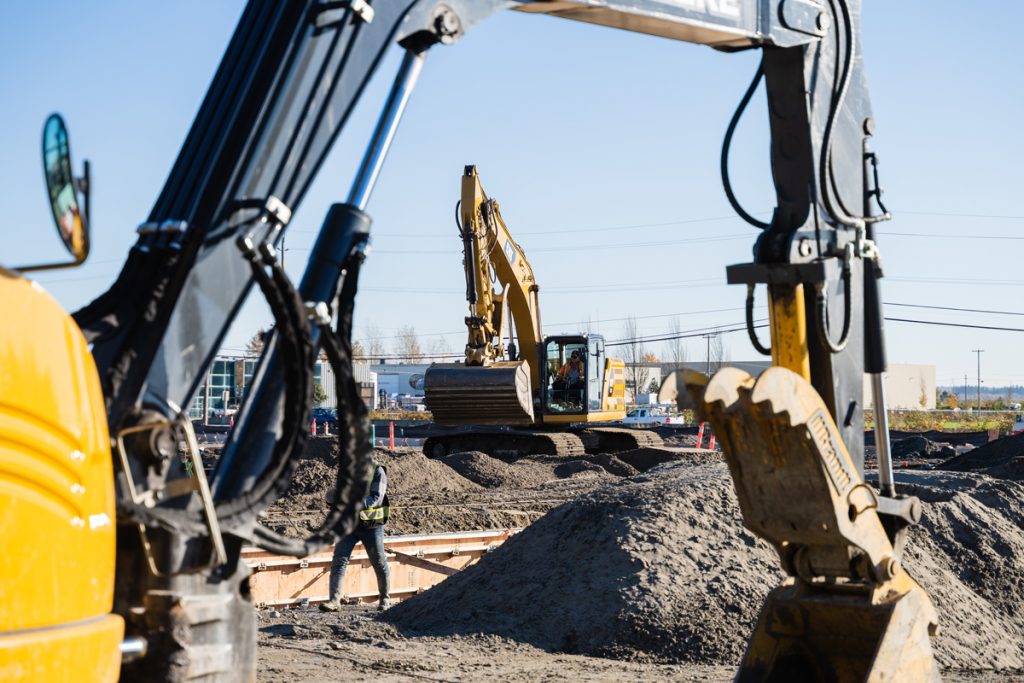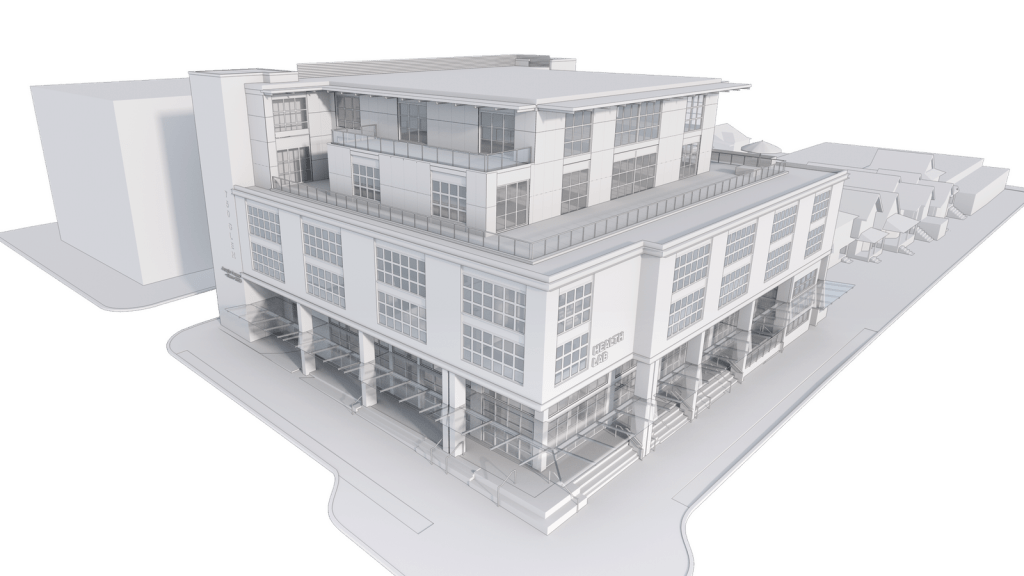From discovery to diagnosis, the life science industry has taken the world’s centre stage over the past two years. And, in Canada, the case for attracting and incentivizing additional investment in this sector remains a strong point of emphasis.
An important part of this continued growth in life sciences is in the expansion of existing facilities and the land development of new facilities. This need is quantified by a 15.5% increase in employment over the last five years and an almost 250% increase in private equity investment over the last three years, spurring a flurry of activity as acknowledged by Invest in Canada.
As a specialized construction partner to many Canadian life science companies, our experience has enabled our teams to gain a profound understanding of facility needs and building dynamics. Here are a few of our key building factors when working within this vibrant sector.

Custom is Critical
Life science buildings are unique spaces that need to be tailored to very specific client needs and that need to conform to very specific government regulations. The sector of life sciences is relatively vast and, as such, the research, development, and manufacturing processes that encompass areas like biopharma and biotech need to be looked at uniquely in every case.
Clean rooms and labs are an important area of focus. There are different orientations to consider along with pros and cons for each use case. Both stick-built and modular construction are suitable configurations, and life science companies should be able to depend upon an experienced building partner who can advise on what’s best for their application. In addition, the benefit of having a qualified partner will ensure that ISO classifications are taken into account, right from the early planning stage.

Don’t Skimp on the Details
The same could be said of any industry, but the importance of the pre-construction phase is crucial to the success of life science building projects. The final product will be a high-performing building, with many dedicated services and enhanced efficiencies, so making sure that these are considered well before construction will ensure that surprises don’t creep up along the way.
Our pre-construction and development teams are skilled in planning construction for the life sciences sector. And, our Design-Build process will make sure that all aspects of a project are centralized under one trusted source.

Dedicated Services Required
Remember that part about high-performing buildings? A lot of that is emphasized by site servicing requirements. And, since life science buildings often require highly-controlled environments, there’s a strong likelihood that dedicated services, like water, gas, electrical, HVAC, and plumbing, will be required.
HVAC in particular is an important area of focus for these spaces. Most production, manufacturing, and testing procedures will need temperature and humidity-controlled environments that function beyond what commercial products can offer. In addition, customized Air Handling Units (AHUs) along with an intricate network of ducting will be an added layer in the prevention of small airborne particles. Simply put, speccing-out and spending-up on a specialized HVAC product will enhance a facility’s quality control capabilities, saving time and money in the long run.

Focus on Efficiencies
What are dedicated services without the ability to hone in on the conditions that will make the research, testing, and manufacturing process successful? A Building Automation System (BAS) is another value-added feature that will enhance quality assurance and improve workflow efficiency. These systems are highly-adaptive to many facility requirements, enabling important monitoring and automation of inputs, outputs, and conditions.
Fortunately, BAS isn’t unique to life science facilities. Wales McLelland has a wide range of commercial, industrial, and institutional experience, including intricate automation systems for multi-tenant, stacked industrial and high-profile fulfillment applications.

Life sciences are playing an increasing role in our economy, with a growing influence in Western Canada thanks to some of the nation’s top post-secondary programs. And, the impact of a global pandemic has only emphasized the importance of this thriving discipline to the point where the Canadian Government had allocated over $3 billion in their 2021 Budget to fund research and development of this important industry sector.
As an experienced construction partner to a host of industries, Wales McLelland is dedicated to the build-out of our client’s vision. We do this by tailoring our approach to meet the challenges that many industries face. In the process, we’ve become well-versed in many in-demand progressive and sustainable building practices. But, at the root of a successful building project, no matter the industry, is a detailed plan. For our life sciences clients, our commitment to value engineering, our thorough pre-construction process, and our segment experience will ensure that land and building development uphold the high standard that the industry is known for.
If you have a land or building development project within the life sciences space, contact our team to see how Wales McLelland can help.